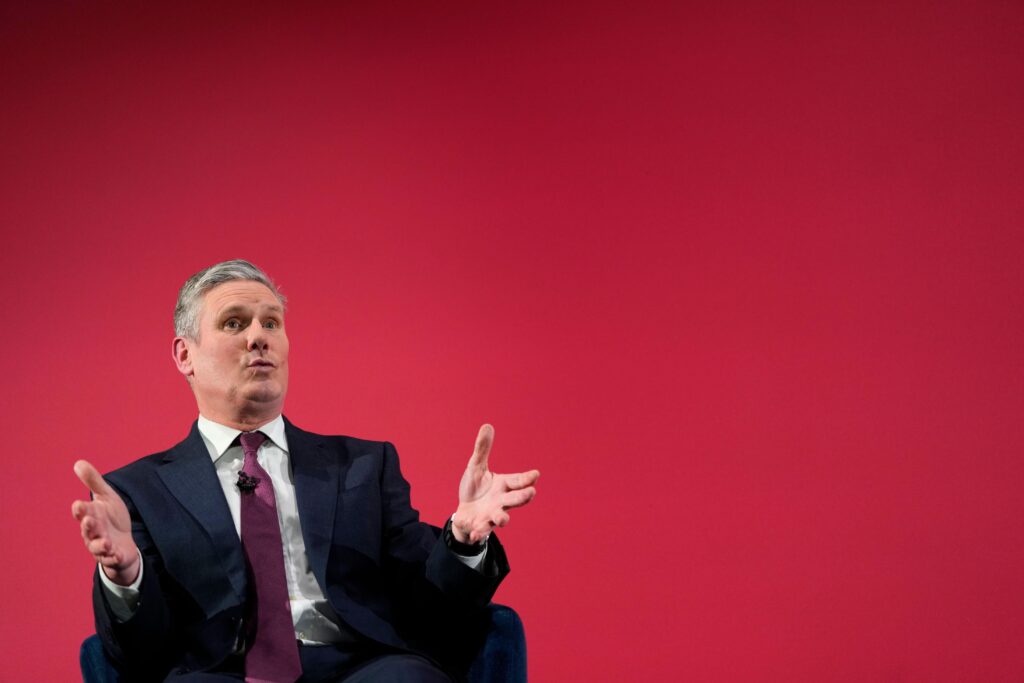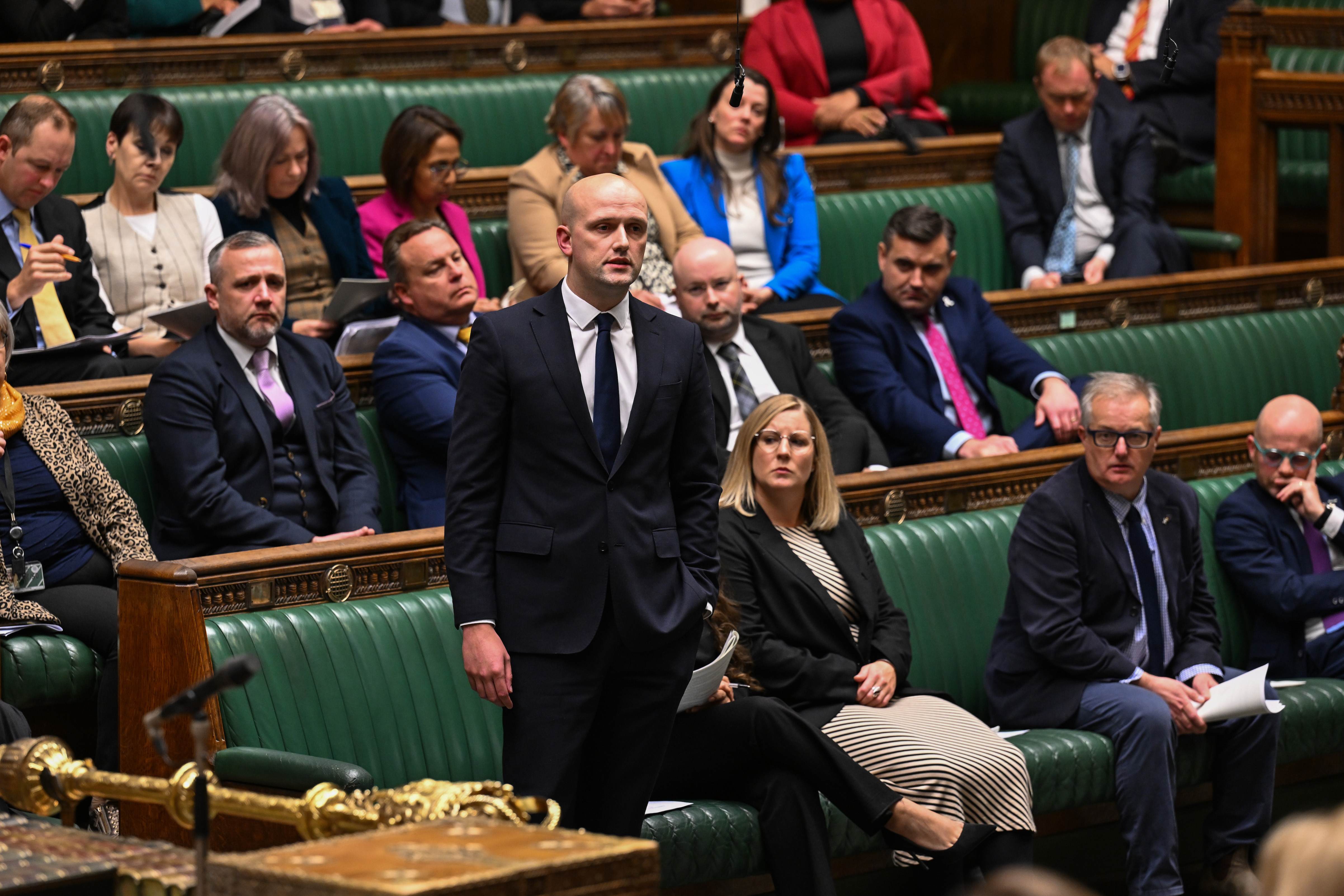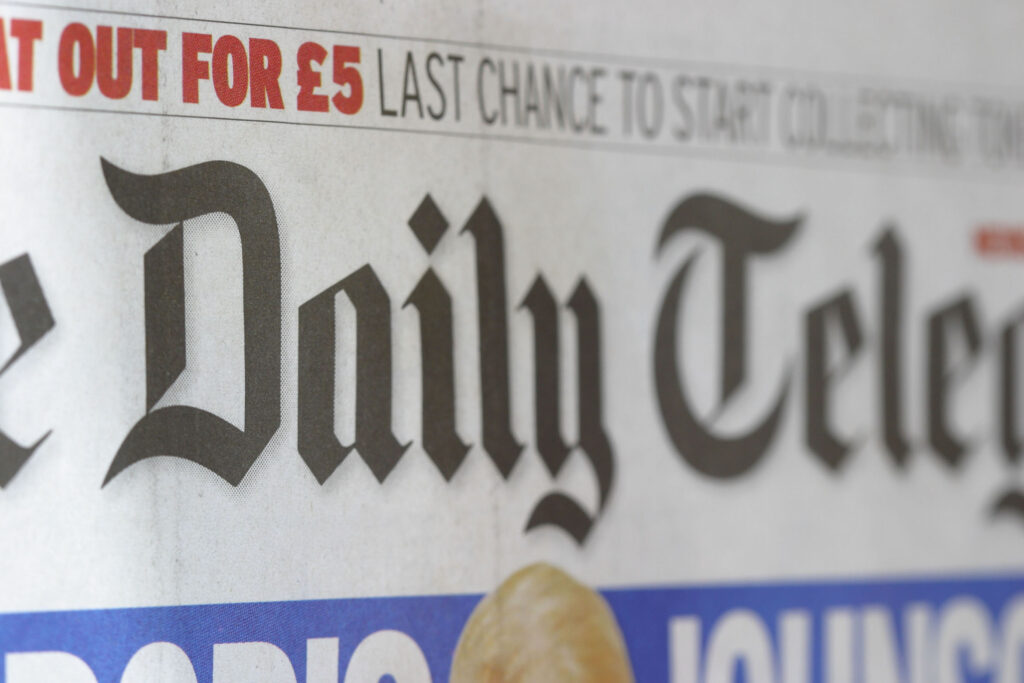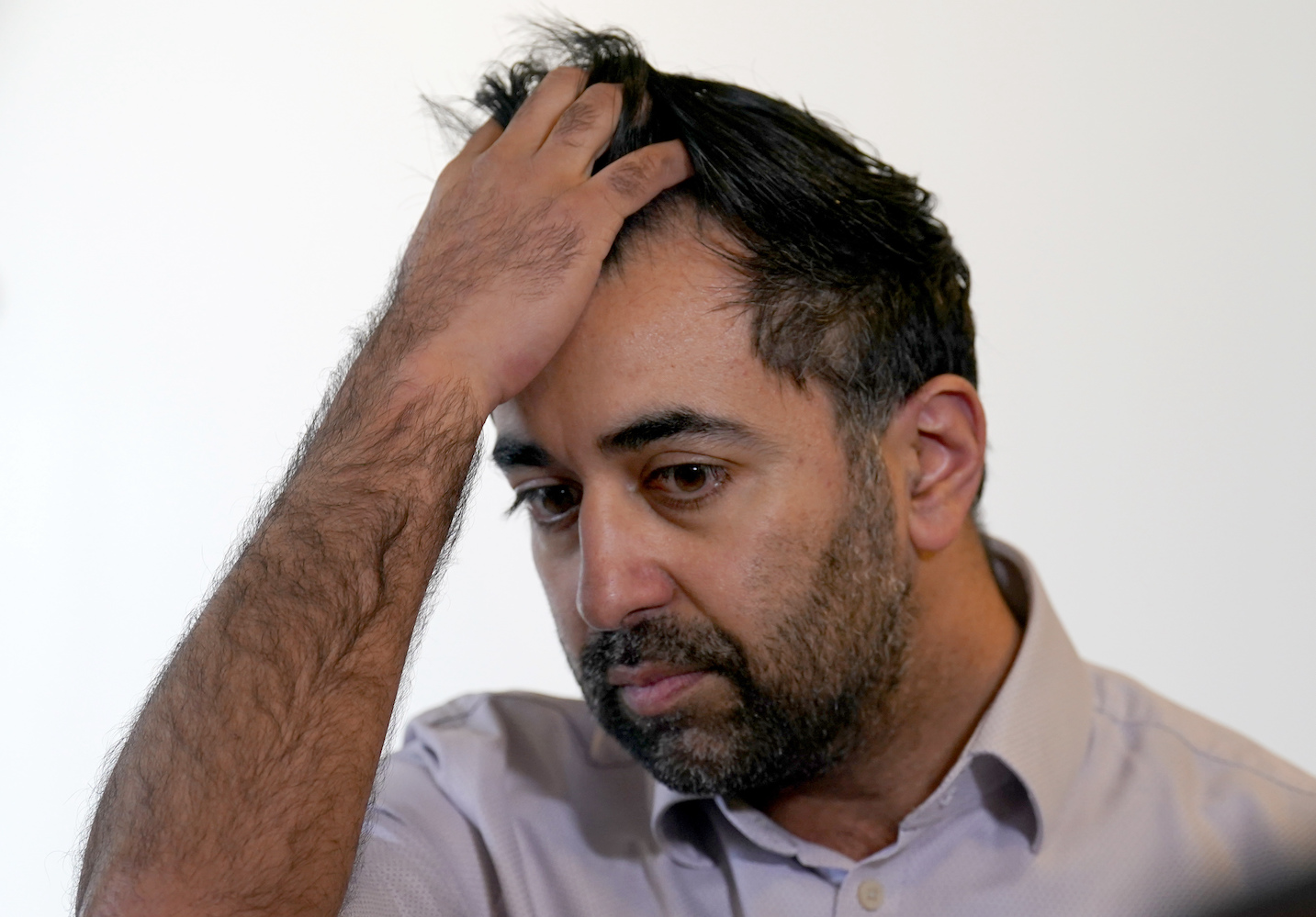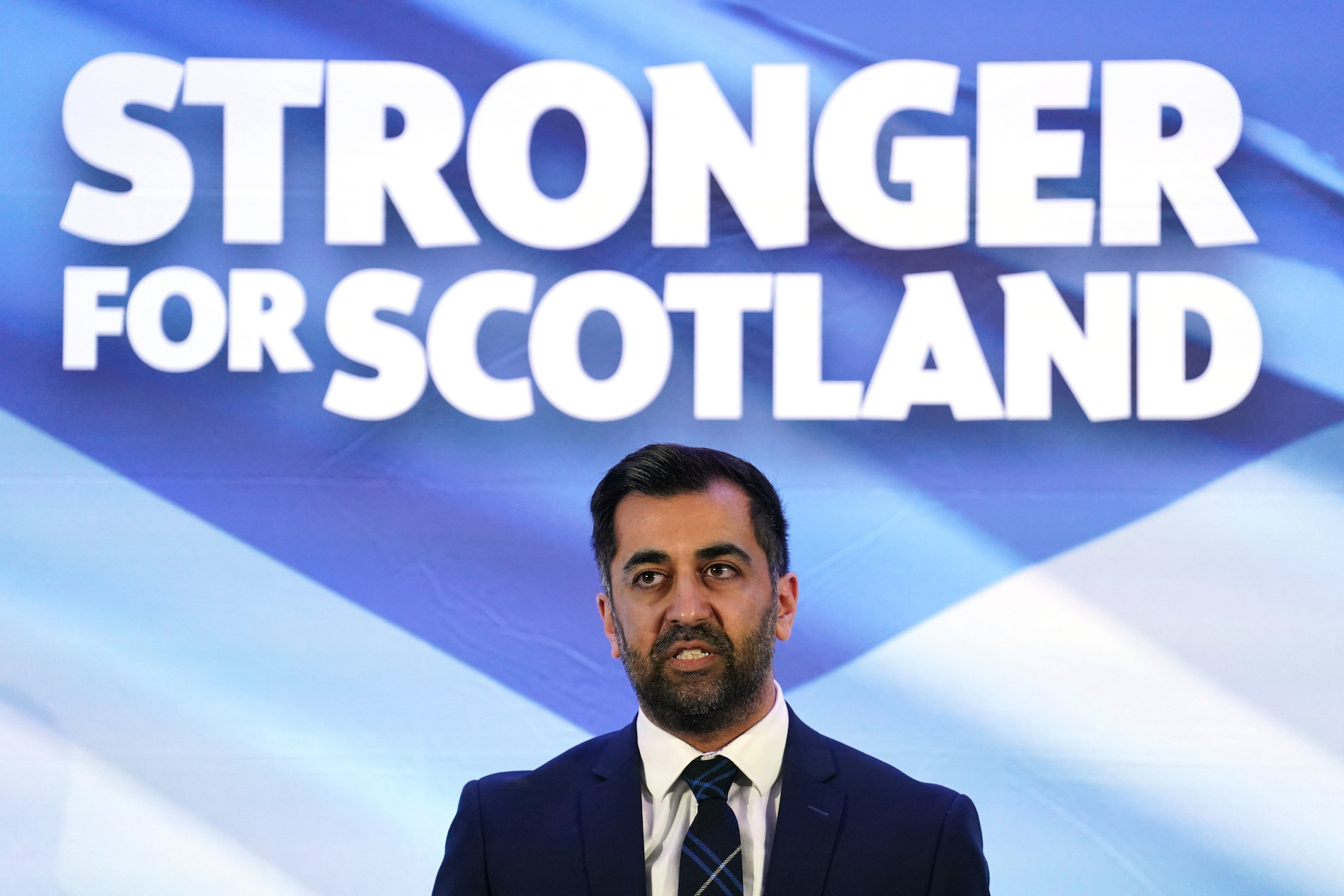How much is the NHS prescription charge?
In England, patients are charged for drugs, medications, and treatments prescribed to them by a National Health Service (NHS) medical practitioner.
As of 1st April 2023, NHS prescriptions were charged at a basic rate of £9.65 per item in England.
NHS Prescription prepayment Certificates (PPC) offers real savings to people who require regular prescriptions, putting a cap on the annual payment for a specific medication. As of 2021, a three-month prescription pre-payment certificate cost £31.25. A twelve-month certificate was charged at £111.60. …

Despite the prescription charging regime, over 90% of medicines are prescribed without charge.
Many patients are also exempt from prescription charges. Approximately 40% of the population are not liable to pay for their medication, but because of the demographics that most heavily account for medicine use (such as the elderly), over 90% of prescription items are dispensed free of charge.


Free prescriptions are offered to the following groups:
* Children under 16, or under 18 if in full time education, and adults aged 60 and over.
* Pregnant women, or women who have given birth in the past 12 months.
* Those suffering from specific medical conditions or physical disabilities (such as diabetes or epilepsy) and who hold a valid medical exemption certificate as a testament to this.
* People in receipt of certain benefits or tax credits such as Income Support or Jobseekers’ Allowance
* People from low-income brackets, whose annual family income used to calculate tax credit is £15,276 or less and who receives child tax credit, or working tax credit including a disability element.
* Those holding a valid war pension exemption certificate and whose prescription is for an accepted disability.
In addition to exempt persons, contraceptive substances are prescribed to women at no cost.
However, most chronic conditions are not included in the list of exemptions, including asthma, lupus, arthritis, Crohn’s disease, and many more. As a result, most people suffering from chronic conditions are forced to pay prescription charges over their entire working lives.
The NHS Low Income Scheme provides financial support to those not already exempt from prescription charges.
The above costs apply only to England. Prescription charges have been abolished in the rest of the UK. Wales introduced universally free prescriptions in 2007, Northern Ireland scrapped the charges in 2010, and Scotland followed suit in 2011.
The case made for abolishing prescription charges
The founders of the NHS regarded prescription charges as antithetical to the notion of a service allegedly “free at the point of use”. The very premise of these NHS charges continues to stir debate.
The range of conditions exempt from charges has been frequently criticised. In 2002, the Wanless Report, commissioned by the Government, condemned the exemption system as “illogical”. The listed exemptions, the report argued, took no account of income, meaning that affluent pensioners were exempt, while families dependent on state support were not.
Existing prescription charges are also said to place an unjust burden on people living with long-term or chronic illness. The Prescription Charges Campaign, an alliance of 24 charities including Arthritis Care, Parkinson’s UK and the Terence Higgins Trust, has been lobbying the Government to abolish unfair repeat prescription charges for people with any form of long-term medical condition, often requiring extensive medication.
Prescriptions for cancer treatments were not exempt until 2009, following unyielding campaigns led by several organisations.
Having secured free NHS repeat prescriptions for cancer treatment and medication, The Macmillian Cancer Support charity remains one of the leading advocates for universally free prescription charges in England, “so that no one is in the position where they can’t afford the treatment prescribed by their doctor or health professional.”
The British Medical Association (BMA) has also called for a “fundamental review” of the charges system and exemption categories, describing it as “outdated and iniquitous”. In its response to the Department of Health’s previous review of charges for those with long-term conditions, the BMA stated that extending the exemption categories “would simply add to the inequities in the system and invariably create a new set of arbitrary ‘winners’ and ‘losers’.” The BMA has urged the Government to “abolish prescription charges in England altogether.”
So why are there still NHS prescription charges?
Paid prescriptions are said to raise £575 million for the NHS each year. It has been suggested that in the event that all prescriptions were free of charge, increased demand could result in an annual loss of income to the NHS of up to £750 million. This is a revenue shortfall for NHS costs that would have to be met elsewhere.
The independent health think tank The King’s Fund has advocated reforms to NHS prescription costs which would simultaneously raise revenue while standardising costs. Their 2014 report, A new settlement for health and social care, proposes a basic rate of £2.50 per prescription per person – a near 75% reduction on the current charge – while eliminating all exemptions and reduced payments. This is justified on the premise that someone requiring multiple prescriptions over the course of a year (yet who doesn’t qualify for support) currently would face significant charges of up to £30 for as little as three items.
The think tank endorsed the continuation of pre-payment prescription certificates or annual capping mechanisms to support those from lower-income brackets, but suggested that the funds from prescriptions would be ring fenced for the NHS and social care. Money gathered from the charges, it argues, would best be spent on mental health services, social care, public health expenditure or hospital maintenance.
Conveying the importance and benefit of the funds raised by prescription charges, The Kings Fund notes that the existing annual revenue is enough to buy one new hospital each year, or extend the provision of expensive medical equipment such as up-to-date scanners or radiotherapy machines.
It is argued that allocating funds raised from prescriptions to improve NHS services, potentially around public health, could potentially reduce prescription demand and costs, by means of earlier intervention and diagnosis.
Prescription fines
Fines are issued to those who claim free or discounted prescriptions despite being ineligible. The penalty charge is five times that which should have been paid, plus the original item, up to a maximum of £100. The charge is increased by 50% if not paid within 28 days.
If the patient is unable to pay the charge (or unable to provide grounds for the exemption or discount) the NHS may take the issue to court to recover the debt.
History
1950s – Prescription charges introduced
Founded in 1948, the NHS was initially intended to provide a completely free health service for everyone in the UK. However, a growing drugs bill prompted the introduction of prescription charges in 1952.
The first plans for prescription charges were initiated by the Attlee government in 1951, causing the resignation of a string of ministers, including the “father” of the NHS Aneurin Bevan and future Prime Minister Harold Wilson.
The charges first in October 1952, with a starting charge of one shilling per prescription form.
By 1956, the NHS was dispensing 228 million items per year at a cost of £58 million. The Government then raised the charge to one shilling per item to accommodate this growing sum. Three years later, it was raised again to two shillings per item.
1960s – Abolition and reintroduction of prescription charges
In 1965, the new Labour Government of Harold Wilson abolished prescription charges. This caused the NHS drugs bill to soar, as many low-cost items that patients had previously bought for themselves were increasingly offered under prescription at the local pharmacy.
This led to the Labour government undertaking a U-Turn and reintroducing prescription charges in 1968, and this time at the higher rate of two shillings and a sixpence per item. However, this time, prescription charges came with a range of exemptions for elderly people, those on benefits, and people with chronic diseases such as diabetes.
1970s and 1980s – Prescription charges rise
On “decimalisation” in 1971, charges stood at 20p per item, where they remained for the following 8 years. In July 1979, prescription charges rose to 45p. This rate was then increased twice in 1980, to 70p and then to £1 in December.
Prescription charges then rose in subsequent years under successive governments. During the mid-1980s, charges rose at around 20p per year (with the new prices coming into force on April 1), before accelerating to 25p per year in the 1990s. The rate slowed to 10p per year after 1997.
Post-2000 – New prescription charge regimes
The Welsh Assembly Government legislated to abolish prescription charges in Wales for people aged 16 to 25 in Welsh pharmacies. Prescription charges were then abolished as a whole in Wales in 2007.
This generated widespread concerns that the English might flock to Wales to submit their prescriptions, but there is limited evidence that this has happened.
Prescription charges were later abolished in Northern Ireland in 2010, and in Scotland in 2011.
Prior to 2002, local health authorities in England had been responsible for administering the prescription charging regime. In October 2002, however, this duty in England passed to the Prescriptions Pricing Authority (PPA).
The Prescription Pricing Authority’s role was to calculate drug and appliance prices and make appropriate payments to pharmacists and contractors, to produce guidance on prescribing for medical practitioners, and to manage the system of prescription exemptions. The Authority also produces and maintains the Drug Tariff, containing the reimbursement prices of a range of prescriptible items and the remuneration rules.
In April 2006, the responsibilities of the Prescription Pricing Authority transferred to the NHS Business Services Authority, an arms-length body of the Department of Health which, as of 2020, continues to administer prescription services.
Statistics
Despite the fact that40% of the general public are liable to pay prescription fees, approximately 90.6% of prescription items were dispensed free of charge in 2014.
In 2018/19 the income from patient fees, dental charges and prescription charges totalled 1.4 billion- 1.1% of the total department of health and social care budget. [Source – Kings Fund]
In 2019, the total sum of paid prescriptions was an estimated £575. [Source – Kings Fund]
In a survey carried out by the Prescription Charges Coalition, over one third of the total sample reported that the cost of their medication had prevented them from taking it as prescribed. Three quarters of those who said that they were not taking their medication as prescribed because of the cost reported that this had affected their ability to work; 70% had taken time off work.
Quotes
“We are incredibly disappointed in the rise for individual items and the increases to the prepayment certificate price – it’s a double whammy for the 10 per cent of people in England with long-term conditions who have to pay for their medication. The prepayment certificate has long been lauded as an affordable alternative to paying for individual prescriptions, but for many, the upfront cost is still too much” – Laura Cockram, head of policy and campaigns at Parkinson’s UK and chair of the Prescription Charges Coalition (2020)
“This is compounding the difficulties that people with long-term conditions face in securing and retaining suitable employment. Consequently, there is a significant impact on the individual’s quality of life and ability to manage their condition, which in turn affects health outcomes, societal costs and productivity. For those with multiple long-term conditions, the situation is more complicated still.” -The Prescription Charges Coalition
“We want the Government to take this opportunity to do more to help people with long-term conditions who are struggling to afford their medicines in difficult economic times.” Asthma UK
Labour MP to co-chair Government’s new ‘menopause taskforce’










